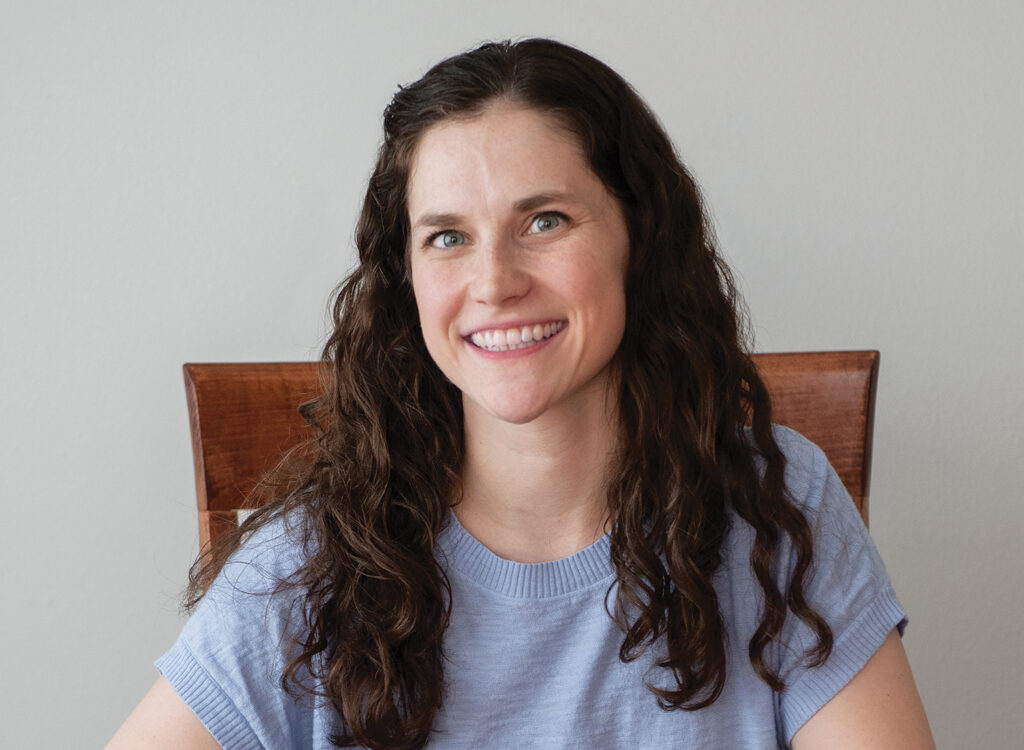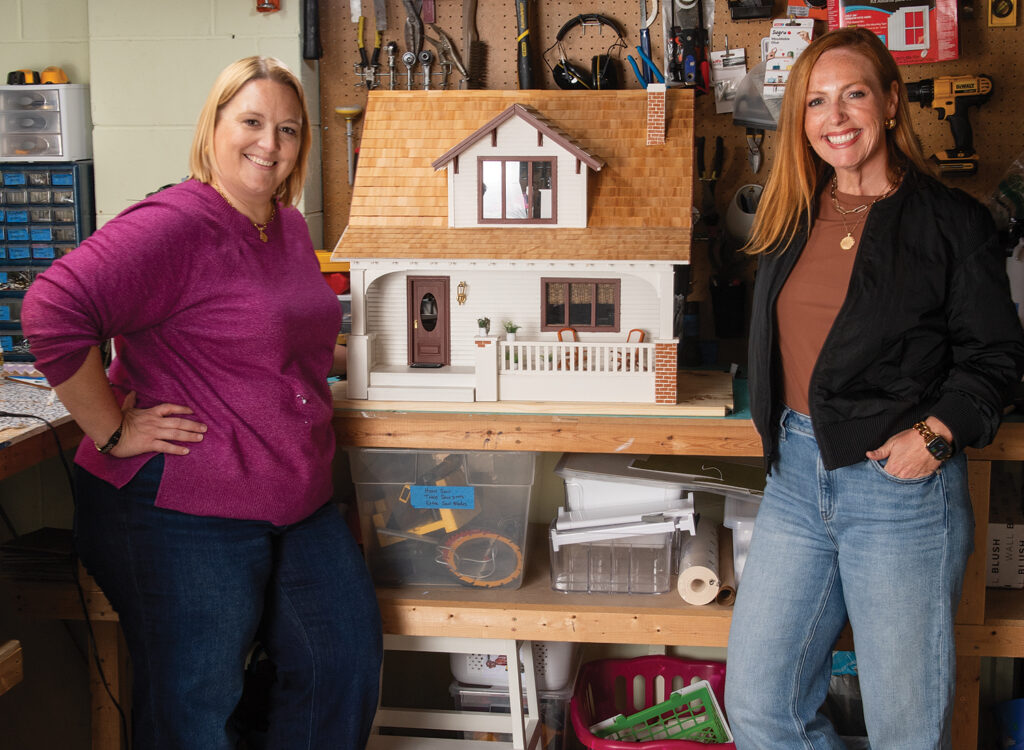A Closer Look: Kevin Zaugg
Managing partner, Ernst & Young - Des Moines

JOE GARDYASZ Jul 16, 2020 | 5:50 am
6 min read time
1,379 wordsBanking and Finance, Business Record Insider
Kevin Zaugg was named managing partner of Ernst & Young’s Des Moines office effective April 1, capping a 24-year career with the firm that began with a college internship. He succeeded Dave Christens, who retired this year. Zaugg is a financial services office assurance partner, leading a team of 108 employees. He has held various leadership roles during his career, including central insurance assurance leader, insurance audit operations leader and Kansas City location leader. He has extensive experience with life and annuity, reinsurance and property casualty companies and spent three years at Ernst & Young Accountants LLP in the Netherlands. A Des Moines native, he is a graduate of the University of Northern Iowa and currently serves on the UNI College of Business Administration’s Accounting Advisory Board. Although Zaugg and his colleagues have been working remotely during the pandemic, he recently led the firm’s move from the 30th to the 31st floor of 801 Grand as part of the firm’s EY@Work model, which fosters a modern, technology-enabled workplace.
How did your accounting career kick off in Des Moines?
I started with the firm at its Des Moines office in August 1996 after completing an internship in 1995. I’m a Des Moines native; I graduated from East High School. We had some basic accounting classes for what I would now call bookkeeping, and my high school teacher thought I had an aptitude for it, and she actually suggested [University of Northern Iowa’s accounting program]. So I didn’t realize it at the time, but that started me on the CPA route. I was lucky to get an internship with EY. I took a year off from college to work through a busy season with them. That was just not something that was done [usually] at the time. … I really got a visual of what being a CPA and working at a big public accounting firm looked like, and from there it was a pretty simple decision process for me to come back to EY.
How has the Des Moines office changed in your time here?
It has grown — we’re now over 100 people, but that fluctuates from year to year. We have diversified from audits and tax work to really having built out an advisory practice. So now we’re a full-service advisory, tax and audit firm to the insurance and financial services industry. Where I think we’ll go next is building our advisory services into a much larger group, but also diversifying with more non-financial-services clients. It’s really building all of those capabilities to the point where we can be an exporter of people [to other EY offices]. I think that the experiences we get here working with our clients in Des Moines are as good as anywhere in the country, and our people are so valued as we work on projects in other locations.
What’s the geographic reach of EY’s Des Moines office?
It’s really the whole state of Iowa, and our office is also responsible for clients in Omaha and Nebraska. And then if you look at the individuals in our office, they’re serving clients really throughout the United States. Each of us has some clients that aren’t local because we’ve got folks who are in high demand. So we end up with audit partners serving clients in Cincinnati, Kansas City, Minneapolis and throughout the central region, including Philadelphia.
How has the pandemic affected the accounting practice?
Our firm was one of the first to really go to completely work-from-home. That was a step we made partly because of our confidence that we could do it. It was mostly done for safety, but we also felt like we had developed the right technology and processes to allow us to effectively work from home. And largely, that’s exactly what happened. I think we saw very little disruption in our ability to finish audits. It was right in the middle of our audit season as we stopped going to clients, and then going into tax season. … [We’re] making sure we’re connected to clients [through videoconferences] through the time that we would normally be in their offices talking to them.
Have there been a lot of strategic discussions with clients about weathering the pandemic financially?
Absolutely. Those conversations are happening with all of our clients, whether it’s an audit client or an advisory client. It first started about how are you going to close the books for quarter one or how are we going to finish that year-end audit, and then turned to how are you going to return to the office. That has matured to, really, what are you going to do in the next six to nine months to prepare yourself for working differently, because a number of companies are realizing they won’t work they did before COVID, even after there’s a cure and everything kind of goes back to normal — because they’re seeing that different ways of working can be very effective.
What are some of the newest accounting regulations your office is dealing with?
There have been a significant number of accounting changes that have happened over the last few years, especially for the insurance industry. The new CECL [current expected credit losses] standard became effective Jan. 1, and that requires different allowances set up based on financial instruments and loans. The first reporting quarter went live just as COVID was happening. … It’s a difficult standard to implement and understand. And there is a new insurance contract standard [long duration targeted improvements] that they just announced will probably be delayed another year, partly because of COVID, but partly because the insurance accounting standards haven’t seen significant change for quite some time.
How has the firm’s Des Moines office changed with the move?
It’s called the Office of the Future — we’ve got a lot of technology built in to allow us to work virtually. We also have new collaboration rooms; we won’t have offices, so I will be at a desk sitting next to everyone else in the office. The collaboration rooms will have electronic whiteboards and those types of things to really allow our teams to come together to solve client problems and provide an opportunity to bring our clients in to work with us in a different way.
Do you have a return to office plan?
It really starts when there’s been a 28-day decline in the percentage of positive cases. Then we will start a very slow return, first with 10% of the office and then after a month going to 25% and in another month to 50%, but in each case where we’re continuing to see a decline in cases. We were one of the first to leave the office to work from home, and we’ll probably be one of the later ones coming back to the office.
What’s a passion of yours outside the office?
Getting more college students into the accounting profession I think is something that’s critical for our future. For the past five years I’ve served on UNI’s Accounting Advisory Board. So I’m looking for ways to do that from that platform. I’ve also taken over the [firm’s representative] role on the Greater Des Moines Partnership. That’s certainly something I want to invest time and help to continue to build the city. It’s been a great transformation over the last 10 years, and I want to be a part of it for the next 10 years or so.
How does the firm get involved locally?
We’ve done a number of projects — one that I’ll highlight is, each September we have our EY Connect Day where we encourage everyone to spend the day in the community working on a project. Each year, there are two or three different organizations we’ll spend the day with to help them. We’ve helped Hubbell Elementary for many years, and this past year myself and about 10 others spent the afternoon with Dress for Success.
Hobbies that you enjoy?
I enjoy golfing. My youngest two daughters are picking up the sport, so I enjoy golfing with them. My oldest daughter is a swimmer, so I watch her through high school and her club swimming. And then when I can, I like to do a little bit of fishing.











